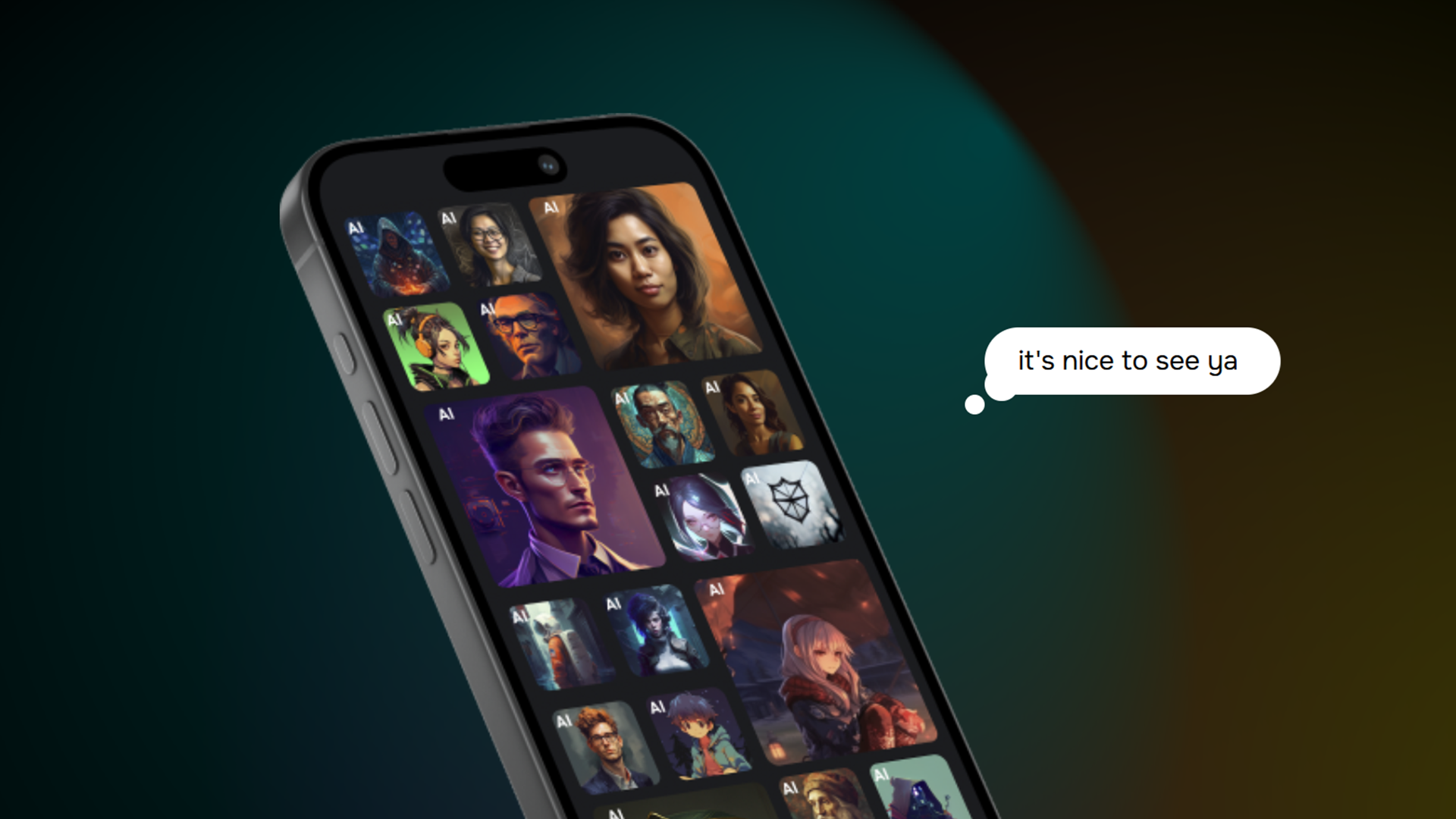Character.AI won't let its chatbots get romantic with teenagers anymore
A new AI model for kids and extra safety features aim to ground users in the real world

Character.AI has a new set of features aimed at making interactions with the virtual personalities it hosts safer, especially for teenagers. The company just debuted a new version of its AI model specifically designed for its younger users, as well as a set of parental controls to manage their time on the website. The updates follow earlier safety changes to the platform in the wake of accusations that the AI chatbots were negatively impacting the mental health of children.
These safety changes have been accompanied by other efforts to tighten the reins on Character.AI's content. The company recently began a purge, albeit an incomplete one, of any AI imitations of copyrighted and trademarked characters.
For teen users, the most noticeable change will likely be the division between the adult and teen versions of the AI model. You have to be 13 to sign up for Character.AI, but users under 18 will be directed to a model with narrower guardrails specifically built to prevent romantic or suggestive interactions.
The model also has better filters for what the user writes and is better at noting when a user attempts to bypass those limits. That includes a new restriction on editing responses from the chatbot to sneak around the suggestive content restriction. The company is keen on keeping any conversations between teenagers and its AI personalities PG. In addition, if a conversation touches on topics like self-harm or suicide, the platform will pop up a link to the National Suicide Prevention Lifeline to help guide teens to professional resources.
Character.AI is also working to keep parents in the loop about what their teenagers are doing on the website, with controls set to come out early next year. The new parental controls will give parents insight into how much time their kids spend on the platform and which bots they’re chatting with the most. To make sure these changes hit the right notes, Character.AI is working with several teen online safety experts.
Disclaimer AI
It's not just teenagers that Character.AI is looking to help maintain a sense of reality. They’re also tackling concerns about screen time addiction, with all users getting a reminder after they've been talking to a chatbot for an hour. The reminder nudges them to take a break.
The existing disclaimers about the AI origins of the characters are also getting a boost. Instead of just a small note, you'll see a longer explanation about them being AI. That's especially true if any of the chatbots are described as doctors, therapists, or other experts. A new extra warning makes it crystal clear that the AI isn’t a licensed professional and shouldn’t replace real advice, diagnosis, or treatment. Imagine a big yellow sign saying, “Hey, this is fun and all, but maybe don’t ask me for life-changing advice.”
Get daily insight, inspiration and deals in your inbox
Sign up for breaking news, reviews, opinion, top tech deals, and more.
"At Character.AI, we are committed to fostering a safe environment for all our users. To meet that commitment we recognize that our approach to safety must evolve alongside the technology that drives our product – creating a platform where creativity and exploration can thrive without compromising safety," Character.AI explained in a post about the changes. "To get this right, safety must be infused in all we do here at Character.AI. This suite of changes is part of our long-term commitment to continuously improve our policies and our product."
You might also like...

Eric Hal Schwartz is a freelance writer for TechRadar with more than 15 years of experience covering the intersection of the world and technology. For the last five years, he served as head writer for Voicebot.ai and was on the leading edge of reporting on generative AI and large language models. He's since become an expert on the products of generative AI models, such as OpenAI’s ChatGPT, Anthropic’s Claude, Google Gemini, and every other synthetic media tool. His experience runs the gamut of media, including print, digital, broadcast, and live events. Now, he's continuing to tell the stories people want and need to hear about the rapidly evolving AI space and its impact on their lives. Eric is based in New York City.